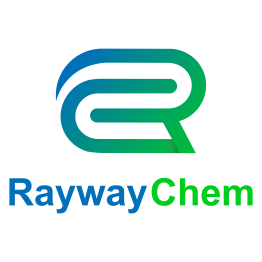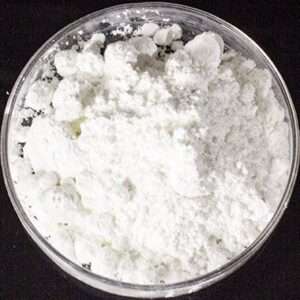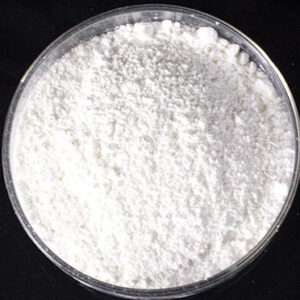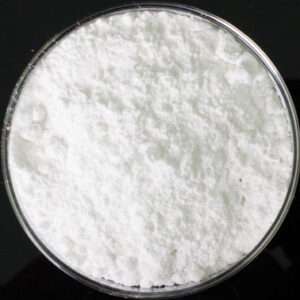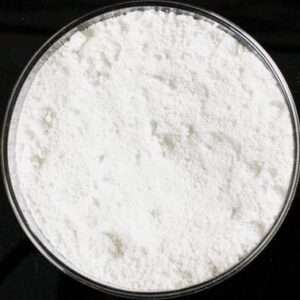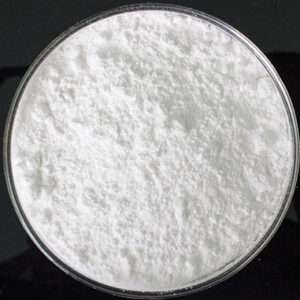Accelerators-Dithiocarbamates
Dithiocarbamate accelerator is a super-super speed grade accelerator. Low activity temperature, fast vulcanization speed, high cross-linking degree. However, it is easy to scorch, has poor flatness, improper vulcanization operation, and is easy to cause under-sulfuration or over-sulfuration. Suitable for fast vulcanization of thin products, room temperature vulcanization products, latex products and butyl rubber, EPDM rubber sulfur yellow vulcanization products. The highest activity of such an accelerator is ammonium salt, followed by sodium salt and potassium salt, which are water-soluble accelerators for latex products. These three types of salts are not suitable for dry rubber production because of their high activity, poor anti-scorch and flatness. Dithiocarbamate derivatives are used as vulcanization accelerators. Usually obtained by the reaction of carbon disulfide, secondary amines and organic or inorganic bases. It is an acid accelerator with high activity and is known as a super accelerator. Generally used for fast vulcanization and low-temperature vulcanization products. Among them, ammonium dithiocarbamate, sodium and potassium are water-soluble accelerators, mostly used as vulcanization accelerators for latex products; zinc dithiocarbamate has lower promotional activity than ammonium salts, and has certain operational safety in dry rubber, and has a strong activation effect on thiazole, thiuram and latex ammonium dithiocarbamate, sodium and potassium accelerators, which are also the most commonly used varieties of dithiocarbamate accelerators. The main varieties include zinc dimethyl dithiocarbamate (PZ), zinc diethyl dithiocarbamate (ZDC), zinc dibutyl dithiocarbamate (BZ), zinc ethyl phenyl dithiocarbamate (PX), etc.
